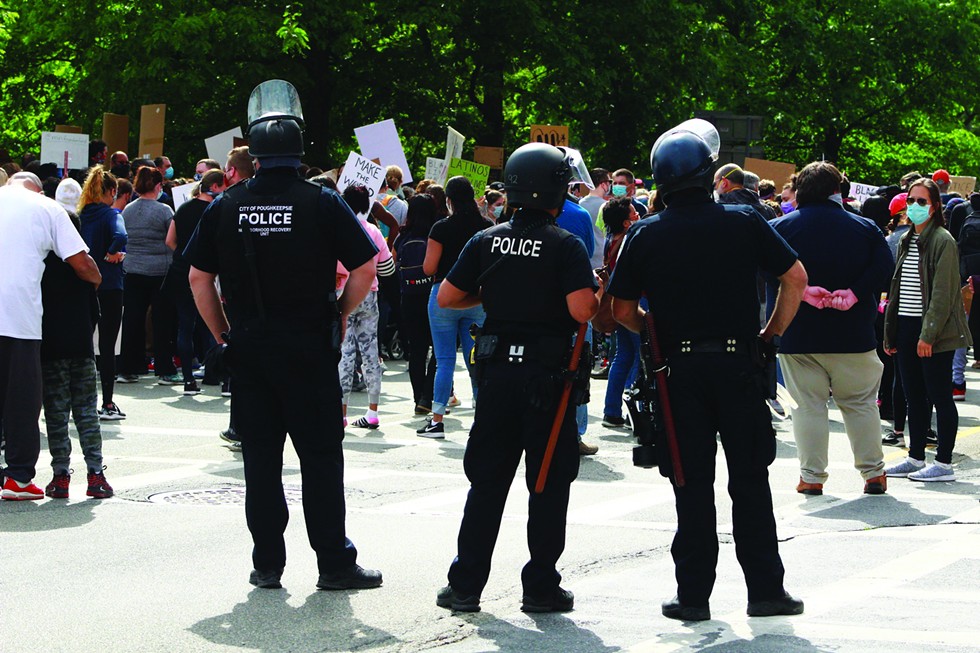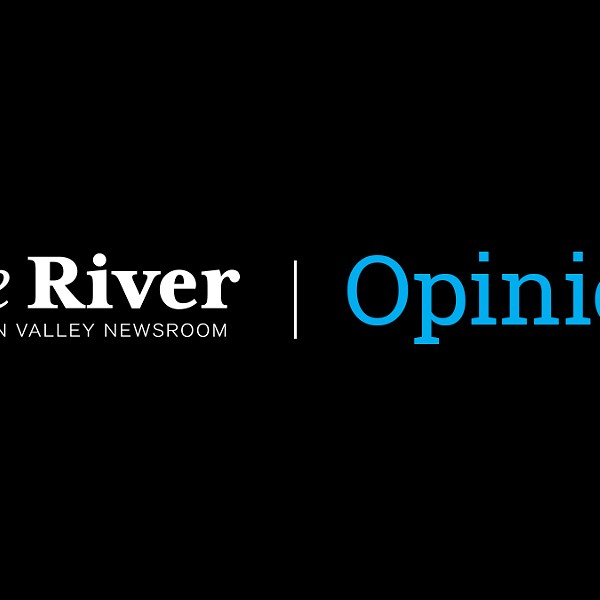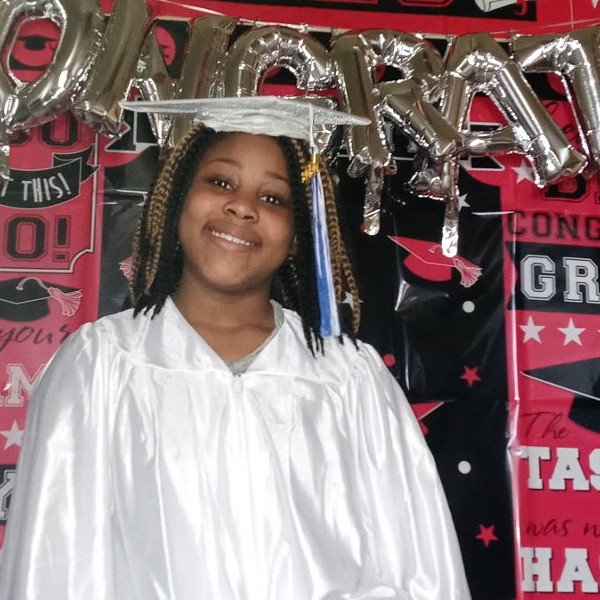Fear. Ecstasy. Revulsion. Relief. How a person reacts to the call to defund their local police department depends powerfully on that person’s experience of police, regardless of ethnicity or color.
If the police helped you once—if you’ve been spared too many negative interactions with cops—then you’re liable to view law enforcement as synonymous with public safety. If police routinely intimidate or antagonize you, however—if they killed your father, mother, child, or friend—then police stalk both your waking life and your nightmares with public sponsorship and impunity.
Police kill Black Americans at two-and-a-half times the rate they kill white Americans. They kill an astounding one out of every 1,000 Black boys and men. Even in cases where officers clearly violated some protocol, disciplinary consequences are rarely meaningful. Due in large part to the strength of police unions, cops fired by their departments are often rehired elsewhere.
For those who interact with police most, then—Black people, indigenous people, Latinx people, the poor, and those protesting in accord with their constitutional rights—the call to defund police represents hope for survival, safety, and a better society.
Two weeks ago, Laura Bellizzi would have recoiled at the thought of defunding Beacon’s Police Department, one of some 18,000 law enforcement agencies nationwide. “I thought it meant that there would be no more emergency response services,” she said in early June at a demonstration organized by the Mid-Hudson Valley Democratic Socialists of America. “But that’s not the case. There is a very small amount of violent crime, like home invasions. And we need to have someone to call when something like that happens. But they don’t look like the police we have now.”
Bellizzi is one of more than 200,000 people who downloaded The End of Policing after Minneapolis police killed George Floyd, an unarmed Black man, in late May. Written several years ago by Brooklyn College sociologist Alex Vitale and released by Verso as a free ebook when hard copies sold out this summer, The End of Policing counts all the ways in which policing-as-we-know-it trashes public safety, and examines the vast body of research showing that popular attempts at reform have failed for the better part of a century. Neither body cameras, nor “implicit” bias training, nor mindfulness coaching—purchased at a cost of $4.75 million alongside President Obama’s “My Brother’s Keeper” program—prevented a Minneapolis police officer from killing Floyd by kneeling on his neck for nearly nine minutes. Nor did reforms save the lives of Breonna Taylor, Eric Garner, and myriad others.
Why? Because every police reform that governments have tried has failed to address and correct what is toxic in police culture, says Vitale, including subtle and not-so-subtle conditioned racism. Nor do tweaks in law enforcement policy remedy the underlying poverty, precarity, and fear that can drive people to criminalized activity. Instead of using society’s resources to nourish and support people, we’ve defunded social services and abandoned whole communities to officers with guns.
“This is really a reaction to 40 years of American politicians turning every social problem under the sun, especially in low-income and communities of color, over to the police to manage,” Vitale told CNN in early June. “We’re really talking about looking at our gross overreliance on policing in the United States and searching in every possible way to replace that with alternatives designed to build up people, to build up communities, rather than criminalizing them.”
Activists aligned with the Black Lives Matter movement understand what Vitale is saying, and some local governments are responding accordingly. Less than two weeks after Floyd’s killing, the Minneapolis City Council announced its intent to disband its police department and work with residents and community organizations to develop a new system of public safety. Instead of sending cops to deal with “noncriminal” problems involving mental illness, homelessness, students, or neighbors, San Francisco says it will send trained, unarmed professionals. Philadelphia plans to cut $33 million in proposed funding from its police budget.
Two hours north of New York City, Hudson’s mayor made “a start” by reducing the city’s police budget by 10 percent in concert with a host of modest reforms. Elsewhere in the Hudson Valley, residents are working toward more ambitious goals.
“With defunding, we’re talking about divesting from the police department and investing in our communities,” explains Rose Cherry, a member of the Criminal Justice and Leadership committees with Rise Up Kingston, a nonprofit in the City of Kingston. “We’re reducing the size and scope of what police do and engaging people who can help our community in a non-violent way, like mental health specialists and drug specialists.” Money currently spent on policing would be reinvested in goods and services that enable stable lives: health care, housing, education, transportation, childcare, food, and good jobs.
“It’s a humane approach to solving problems,” says Cherry.
Cherry, Bellizzi, and others refuse to accept a status quo that guarantees routine killing. They are begging people—including you, reader—to join them in replacing both policing and our derelict social infrastructure with a system of genuine public safety and wellbeing for everyone.
“What we’re talking about is an interrogation of the specific things that police are doing which have caused significant harms—have reproduced race and class inequality in America—and demanding that we develop non-policing solutions,” says Vitale. Defunding is about “trying to reduce the burden of policing today while we work to build something better for the future.”
This article was published as part of The Future Is Now: Building a Better New Normal package in the July 2020 issue of Chronogram.


















